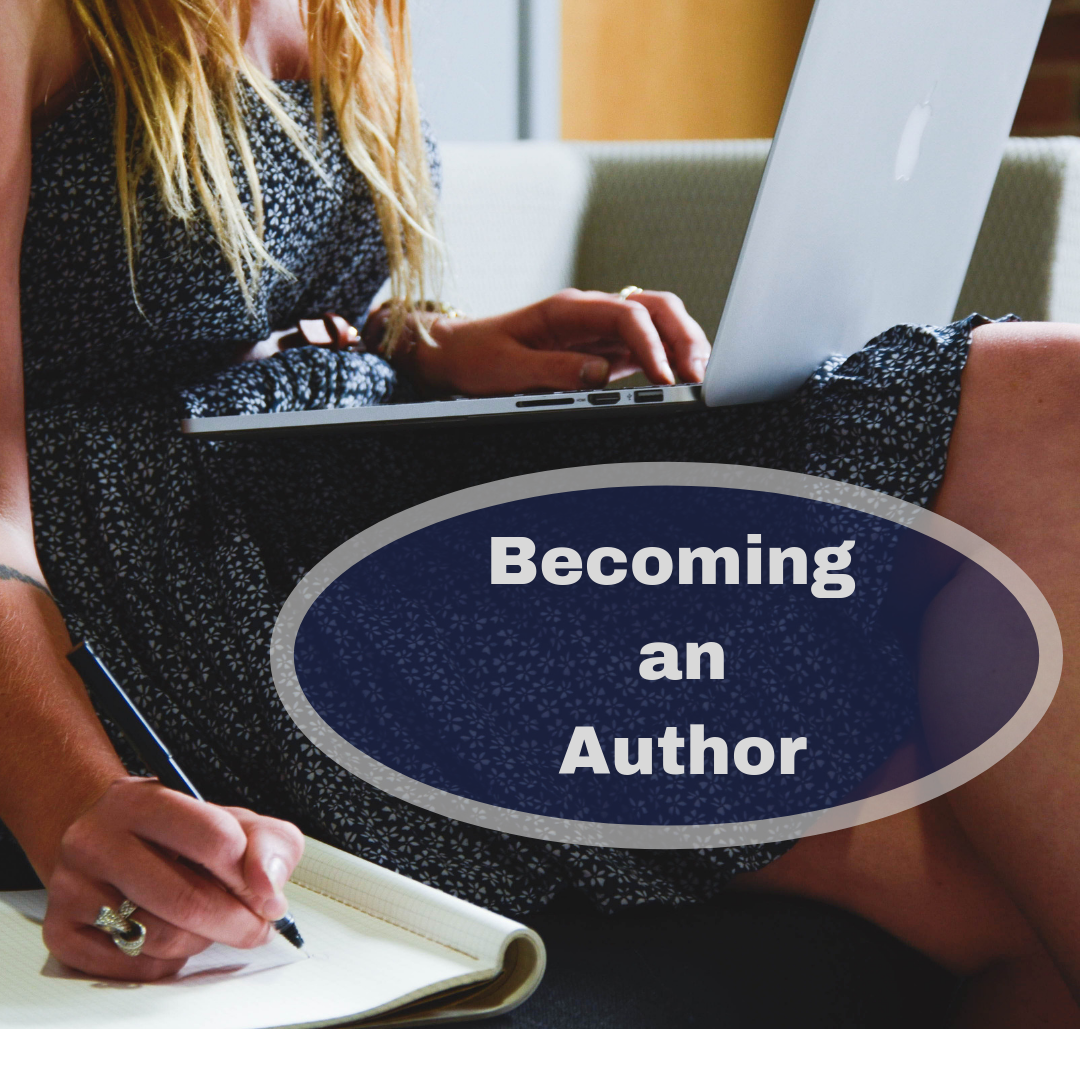
Be the Exception
It’s easy to feel lost in the world of book publishing. Experts say there are over a million proposals…
October 26, 2022
It’s easy to feel lost in the world of book publishing. Experts say there are over a million proposals…
October 26, 2022
Writing a book is the literary exercise equivalent of taking a cross-country road trip. No matter how beautiful the…
May 16, 2020
A few days ago Annette’s Embrace the Wait column listed good strategies to prepare for a writers’ conference. Conferences…
March 8, 2020
When I receive a new submission at Illuminate YA fiction (teen imprint of LPC Books), I can usually determine…
February 9, 2020
We came. We pitched. Did we send? Writer’s conferences are well-planned days of speakers, workshops, and opportunities. After pitching…
December 14, 2019
It can be discouraging to not receive a response on your submission—and even more frustrating when the response is…
December 9, 2019
“Pharaoh…is only a loud noise; he has missed his opportunity.” Jeremiah 46:17 (NIV) Do you know anyone who talks…
October 3, 2019
Editors and agents receive multiple submissions per week. If a writer fails to adhere to specific guidelines, then that…
July 9, 2019